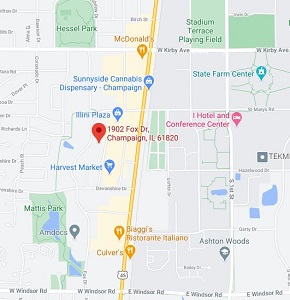Your Credit History
As part of the loan application process, virtually all lenders will want to see a copy of your credit report. The report will list all your long-term debts (credit cards, mortgage payments, automobile and student loans, etc), as well as your payment history. If you don’t have a copy of your credit report, most lenders will generally require you to pay for a copy when they process your loan application.
However, most real estate experts agree that it is a good idea to obtain a copy of your credit report several months before you apply for a loan. This is so you have a chance to resolve any problems with your credit before your bank sees it. U.S. Federal law ensures that you have access to your credit report, which may be obtained from your local credit bureau or any of several national firms that specialize in credit reports.
Late payments
For most people, problems with their credit report are likely related to late payments on a debt. If you were late one month in paying off your credit card, but otherwise have a good payment history, chances are most lenders won’t be too concerned. But if you have a history of late payments you’ll need to document the reasons why. A slow payment history won’t necessarily get you turned down for a loan, but you may have to pay a higher rate of interest or otherwise prove to the lender that you can repay your loan in a timely fashion.
Errors on your credit report
Many people are surprised to learn that credit reports can often contain errors or inaccurate information. If this is the case with your credit report, you’ll need to contact the reporting agency or creditor to have the problem resolved. This can sometimes be a slow process, so make sure to give yourself time to clear up the mistake.
Bankruptcies and foreclosures
There’s no getting around it, a bankruptcy on your credit report is not a good thing. But that doesn’t mean you still can’t obtain a loan. Even though a bankruptcy may stay on your credit report for seven to ten years, lenders will often consider the circumstances surrounding a bankruptcy. If a borrower went through a bankruptcy because his or her company had financial difficultites due to downsizing or a merger resulting in job loss, that means one thing to a lender.
If, however, a borrower went through bankruptcy because of overextended personal credit lines from living beyond their means, that is quite a different thing. Moreover, if you have reestablished good credit since the bankruptcy, a lender will be more inclined to approve your application.









